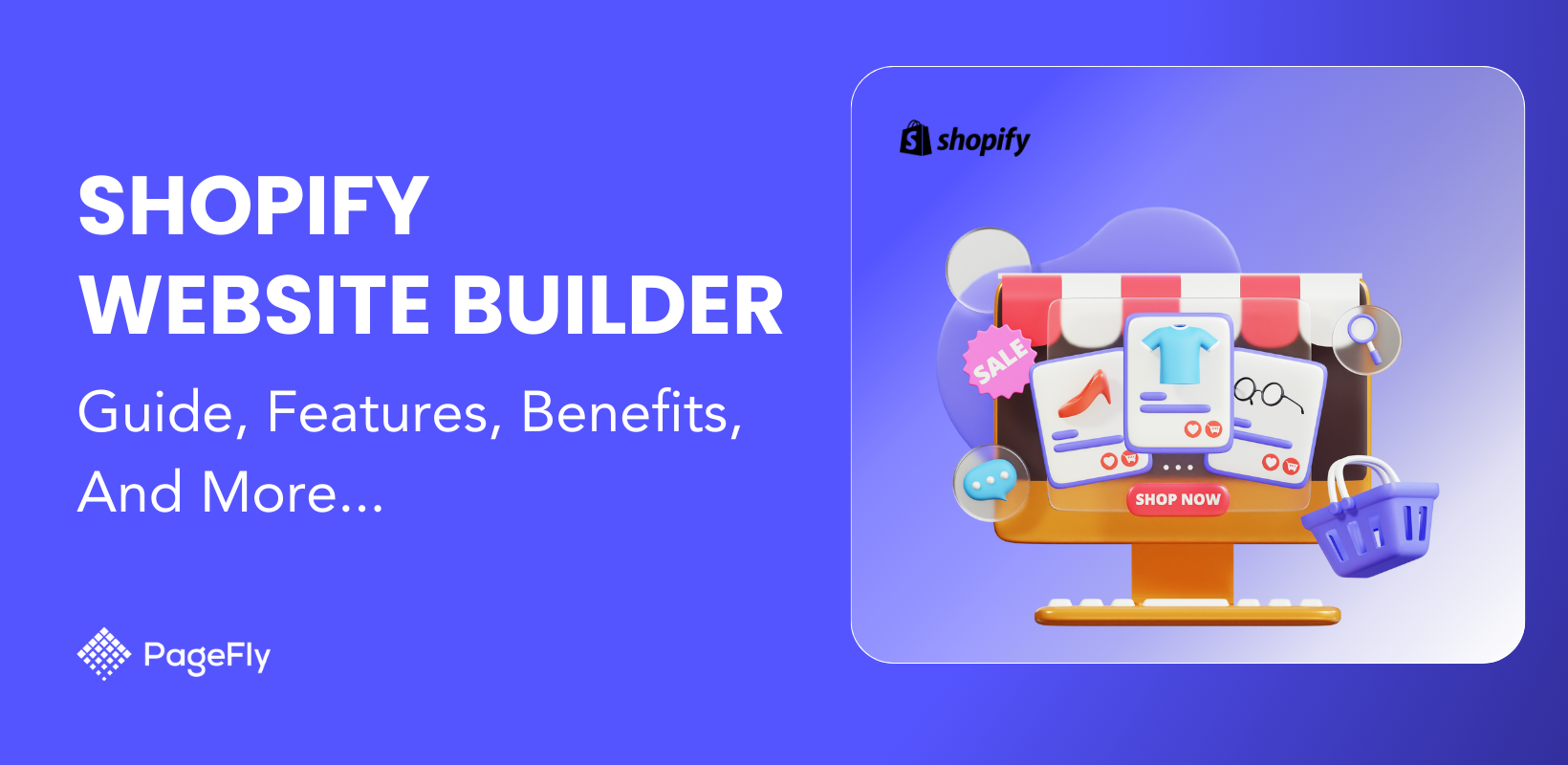You want to build an online store on Shopify but wonder how to get people (by this, I mean the right people) to visit your website? Perhaps you’ve heard of the term SEO (search engine optimization), which is the practice of getting as much quality traffic as possible through organic search engine results (like Google).
Well, obviously, many merchants such as yourself would love to avoid wasting a fortune on promoting their online stores. SEO is the optimum solution for that.
And while you, at the moment, are maybe still unsure about the possibility of how an eCommerce platform like Shopify can help with getting organic traffic, this article is certainly going to reassure you. These are the top 7 reasons why Shopify is good for SEO.
7 Reasons Why Shopify is Good for SEO
#1 - Shopify’s SEO basics are all on-page
Even if you are an SEO amateur, don’t worry; you can easily edit and make changes to on-page SEO features from the Shopify backend user interface:
Meta Title and Description: Merchants can write page titles and descriptions with targeted keywords to help their store ranked higher on Google or other search engines.
A great thing about Shopify is that it can give you a preview of how the page would show up on the search results page. It also tells you the showable character limit of a title or description, so you can avoid getting cut off on the results page.
 Editable URL: You can shorten the page URL with important keywords to help search engines crawl your page faster and rank it higher.
Editable URL: You can shorten the page URL with important keywords to help search engines crawl your page faster and rank it higher.
And if you pay attention closely enough, there are strings in URL in Shopify. For example, with blog posts you must have /blogs, or with product pages, there must be /products in the URL. And this proves that Shopify has a coordinated site structure, which is good because it is easier for Google to crawl your site.
 Headings: Merchants can structure their content with heading tags - H1, H2, H3, etc. - easily in Shopify for better SEO. These headings tags help rank your page higher on Google as it proves that the content is organized.
Headings: Merchants can structure their content with heading tags - H1, H2, H3, etc. - easily in Shopify for better SEO. These headings tags help rank your page higher on Google as it proves that the content is organized.
Tags and Image Alt-text: Users can add additional tags for the pages, as well as for images. Again, the best practice is to use targeted keywords so that Google can read and find a page rapidly.
Blog feature: Blogs are places where you put a lot of great content and generate organic traffic to your store. With any Shopify plan, you can have free blog features with editable tags, meta-titles and descriptions, internal and external links; free hosting and CDN for images to help improve SEO.
#2 - Shopify site structure is organized
Search engines like Google love to crawl and rank pages with organized content higher. So, another reason why Shopify is good for SEO is because of its hierarchy of categories. Your site structure might be like:
Homepage >> Category Pages >> Product Pages

Also, Shopify can automatically generate a Sitemap.xml file and create a Robots.txt file, which can help Google index your site to get it shown up on the search results page.
#3 - Create 301 redirects and add canonical tags automatically
Broken links (like 404 error) are bad for SEO, so you need to create 301 redirects to maintain a high ranking. Shopify can help set up 301 redirects to avoid dead links, and it’s possible for users to manage them manually.
Another plus point of Shopify is the capability of canonizing URLs to tell Google which is the master page that it should index. This way, merchants’ stores can avoid being ranked lower due to duplicate content.
#4 - No worries with Shopify web security
Google will be very strict when it comes to the security of a website. There will be no tolerance if your store doesn't have a Secure Sockets Layer or SSL, and it will definitely end with a lower ranking.
But with Shopify, having an SSL encryption is a no-brainer. From its Basic to its Advanced plan, merchants will have a free SSL certificate, meaning the transaction data between them and their customers is totally safe.

Also, if you are a European shop owner or your targeted market is Europe, Shopify complies fully with GDPR. This ensures that customers can have full control of their personal data with transparency.
#5 - Shopify stores are mobile friendly
If you forget to optimize the mobile version of a site, my friend, you are losing a big point from Google. Your site won't be ranked high by the search engine if it's not mobile-friendly.
One big reason Shopify is good for SEO is because when merchants create a store on Shopify and switch it to mobile devices, the layout would adjust to become more responsive on your phone. Obviously, it’s not just the look and content that Google cares about; you need to pay attention to the loading speed as well.
#6 - Shopify store speed is outstanding
There are many factors that can affect an online store's loading speed, such as the theme you are using, image files, javascript, etc. And remember that Google doesn't like a slow page, so if you want to improve SEO, you better optimize the loading speed on your store.
There are many real-life examples of Shopify stores with high performance scores calculated by Lighthouse. Here, we used the Google PageSpeed Insights tool to check the scores of some of the most inspiring Shopify stores in 2020.



#7 - Shopify SEO apps come to the rescue
Well, if you are stuck with your SEO strategy, Shopify has your back. With an immense ecosystem of Shopify apps, you can easily find great SEO tools to help with attracting more traffic to your store.
Just type “marketing” or “SEO” into the Shopify App Store search bar; you’ll find a great number of highly rated SEO apps to choose from. Here are some of our suggestions:
- AVADA SEO Image Optimizer FREE: This is a 4.9-rated free app. You can use AVADA SEO image to optimize the image alt tags, meta tags and sitemap for your pages without paying a dime.
- TinyIMG: Merchants can use this app for better image SEO. They help compress website images without reducing their quality to increase page loading.
- Plug in SEO: This is a complete SEO tool kit with nearly 2000 5-star reviews on the Shopify App Store. Plus, they give you a 7-day free trial.
- SEO Booster ‑ SEO Marketing: This tool can help check and fix SEO to make sure your site is search engine-friendly, mainly on Google and Bing.
Related articles:
Make your Shopify Product page SEO Friendly
[Tutorial] Shopify Image SEO and Off-page SEO To Boost Organic Traffic
Are there any limitations using Shopify for SEO?
Well, everything has both good and bad sides, and Shopify is no exception. Here are some of the common SEO issues:
- Uneditable Robots.txt files. Although Shopify does a great job with creating Robots.txt files automatically, if you want to edit or remove something from the file, you will need to add meta robots to the page or implement no-index code, which is pretty complicated for merchants with no technical background.
- Duplicate content is unavoidable. It is caused by tag pages. Despite adding canonical tags to one page when generating duplicate content on product and collection pages, Shopify still links to non-canonical pages by default, which can confuse Google with mixed messages.
- Lack of advanced customization. If you want to add custom fields on your pages or modify your theme, you need to edit the liquid code in the theme settings.
However, when there's a problem, there’s always a solution. You can hire a good technical team to help with the code, ask the Shopify Support team 24/7 or download SEO apps in the ecosystem to support your SEO strategy and fix the issues. The important thing is how you make the best of a bad situation.
3 Examples of Shopify Stores with Great SEO
Okay, enough of reasons. You’re probably thinking: “Well, I need proof. If Shopify is good for SEO, is there any true store that generates good traffic using this platform?”
There are, certainly, many successful examples to prove that Shopify is worth-a-go for better SEO when you create an online store. We’ve done an SEO audit on some Shopify stores, and you can see the notable results here:
1. Skinny Teatox
This is one of the most popular natural detox tea brands in the U.S, Canada and the UK. The audit result on SEOptimer is great in general and the score is pretty high.

When you see the keyword ranking for “teatox", “skinny tea” or “tea tox", they land at the top positions in the US and Canada.

2. Gymshark
You probably already know about Gymshark if you are an enthusiastic gym-goer, and this huge global fitness brand is a Shopify Plus partner. Their site has a total visit count of more than 4 million in the last 6 months.

Out of 54% of traffic from searching, more than 84% is organic searching through a top keyword like “gymshark”.

3. PageFly
PageFly is also a website that is based on Shopify, and our blog has been created by Shopify’s blog features. This example below is to prove that if you can utilize Shopify for SEO, it is totally possible to get organic traffic to your great and dedicated content.

As you can see, the numbers and graphs show an increase in PageFly’s total traffic to the blog section between the last 3 months and the previous quarter.
Conclusion
SEO is the factor in keeping your online store ranked high on Google or other search engines. It’s undeniably one of the best tools for promoting your store without spending huge amounts of money. As you’ve seen through the reasons listed in the article, Shopify is a good solution for SEO to generate organic traffic.
Obviously, implementation of a good SEO strategy doesn’t mean millions of visitors to your store in just one night. You still need a smart use of keywords, tags and so on, combined with day-by-day SEO improvement practices to get your site recognized by more and more people.
If all of this seems overwhelming, don’t worry - Shopify has you covered when it comes to SEO. Why don’t you try its 14-day free trial first and experience the backend interface to practice with SEO tactics, and then decide whether or not to keep going with the platform?
Getting every SEO metrics right can be a dauntingly painstaking task. However, with this Shopify SEO app coming to the rescue, you don't need to be an SEO pro to rank higher.
SEO Booster comes with:
- SEO audit and online store optimization checklist
- Keyword optimization and suggestions
- Product Page SEO
- and 100+ other features and toolset waiting for you




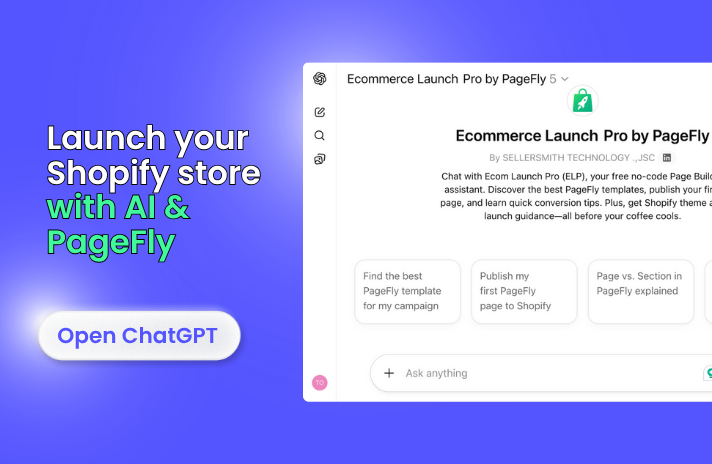



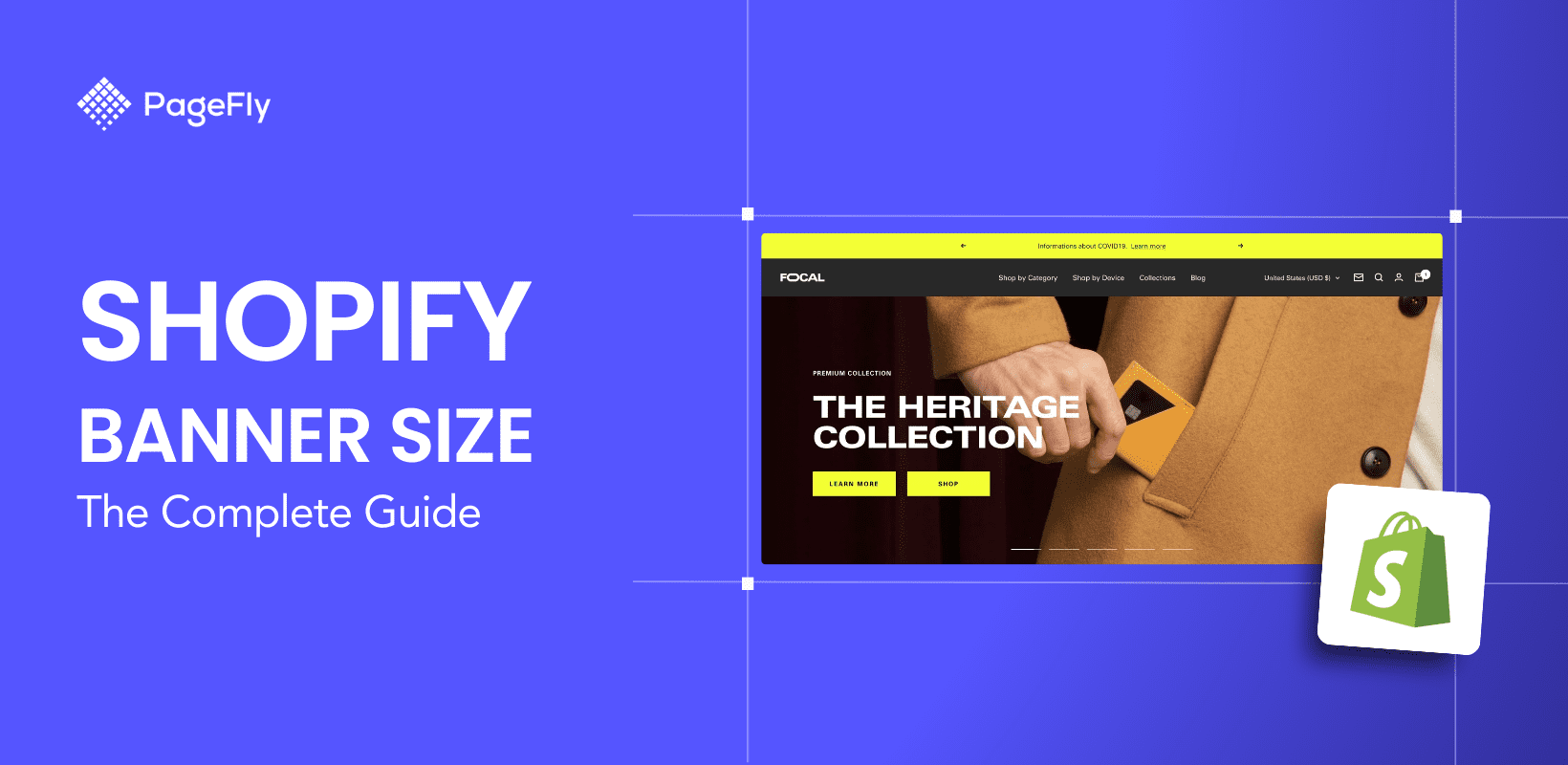
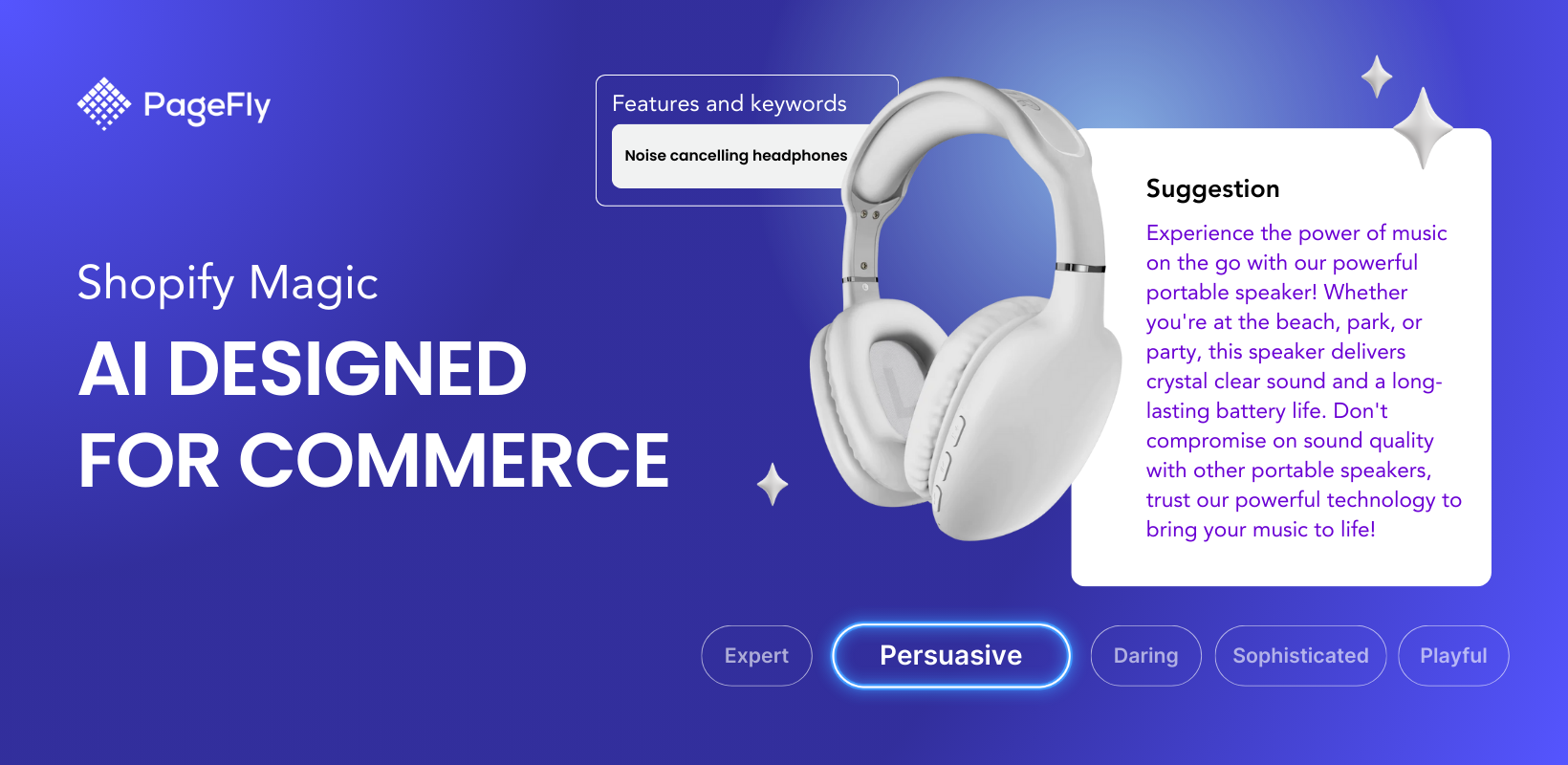

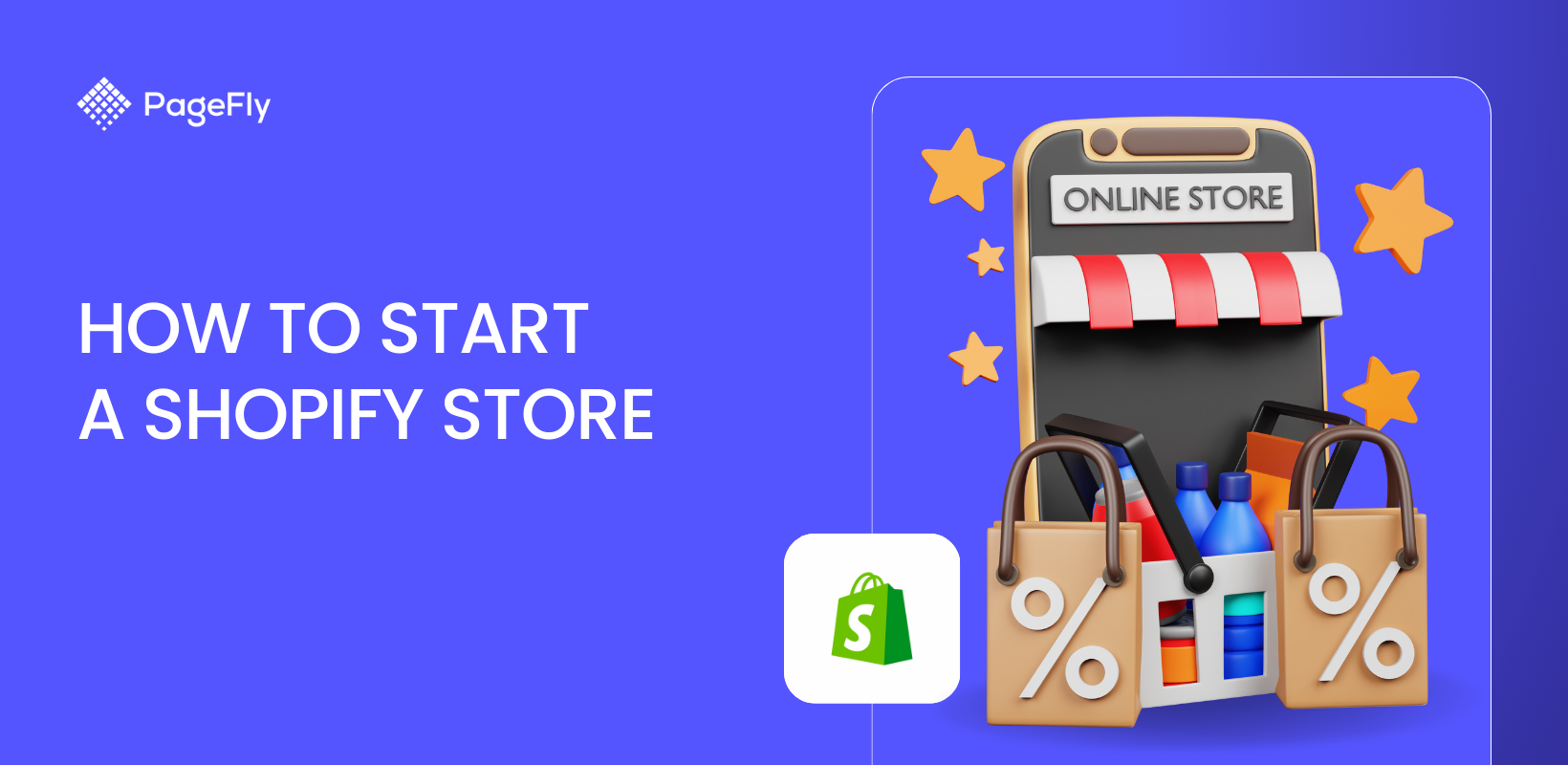
![27 Best Shopify General Stores + Complete Strategy Guide [2025]](http://pagefly.io/cdn/shop/articles/Best_Shopify_General_Stores_2f9d09f2-7c38-4da9-a495-e9f4898ddd68.jpg?v=1757271936&width=1640)

